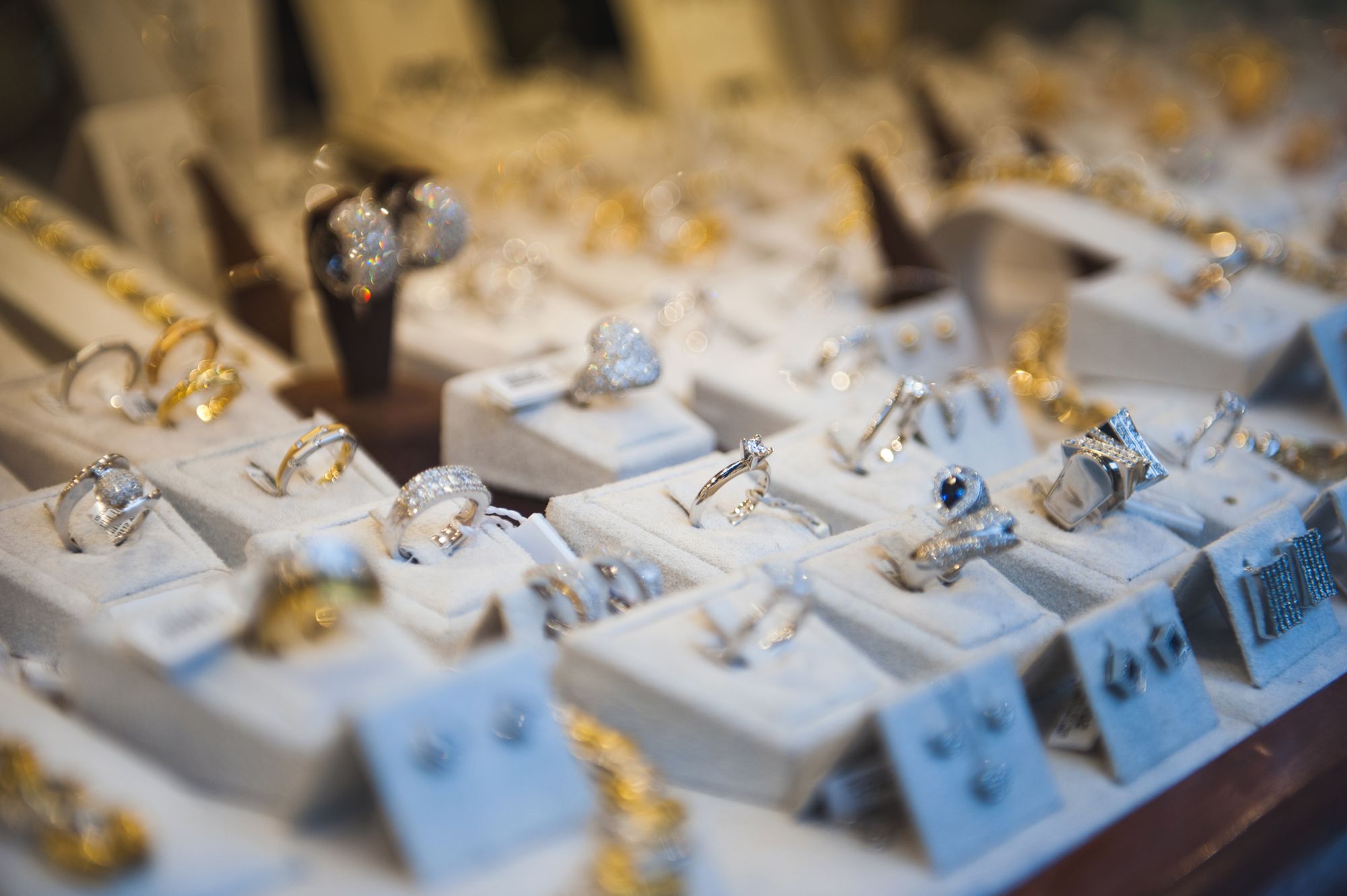 A California woman has filed a proposed call recording class action lawsuit against Sterling Jewelers claiming that the calls of herself and other customers were recorded without their knowledge.
A California woman has filed a proposed call recording class action lawsuit against Sterling Jewelers claiming that the calls of herself and other customers were recorded without their knowledge.
Sterling Jewelers is a group of jewelry stores that are owned by parent company, Signet Jewelers. Their retail stores are primarily located in Ohio, Deleware, Georgia and Minnesota and operate under names such as Marks & Morgan Jewelers, Weisfield Jewelers, Goodman Jewelers, LeRoy’s Jewelers and Osterman Jewelers to name a few.
Plaintiff Yvonne Madrid of San Diego, Calif. claims that she was called on her cell phone at 8:30 in the morning on April 13, 2017 by Sterling Jewelers. According to her call recording class action lawsuit, Madrid alleges she was not informed at any time in her phone call that she was being recorded.
It was not until the end of the phone call that Madrid asked the Sterling Jewelers representative if the call was being recorded. The representative answered affirmatively that the call was in fact being recorded.
About ten minutes later on the same day, Sterling Jewelers called Madrid again, according to her call recording class action lawsuit. At no time during the phone call, she claims, was she informed that the call was being recorded. Additionally, she did not give any consent for her phone call to be recorded.
Because of these two incidents, Madrid believes that Sterling Jewelers records all of its outgoing phone calls without informing the customers it calls. She claims that she was “personally affected by … [this] conduct because [she] was shocked, upset and angry” that Sterling Jewelers recorded her without her consent or knowledge.
Madrid’s call recording class action lawsuit cites California Penal Code 632, which prohibits the private recording of phone calls unless both parties are aware of the recording. California has a long history of consumer-friendly privacy laws and thus, California law is stricter than federal law.
When the Ohio-based company, Sterling Jewelers, telephoned the California-based Madrid, the company fell underneath the confines of California law and was subject to its stricter laws.
California Penal Code 632 says, “Every person who, without the consent of all parties to a communication interrupts or receives and intentionally records, or assists in the interception or reception and intentional recordation of a communication transmitted between two cellular radio telephones” or any other type of telephones, violates the law.
California law lays out the possibility of $5,000 in damages for each violation of this strict privacy law, according to this call recording class action lawsuit.
Madrid believes that this call recording is something that Sterling Jewelers does all the time, and because of this, to determine the number of people that this has affected would be an impossible task.
She is bringing two main causes of action against the company. The first count is the illegal recording of cellular phone conversations under California Penal Code 632. The second count is the invasion of privacy and intrusion into private affairs.
This Call Recording Class Action Lawsuit is Yvonne Madrid v. Sterling Jewelers, Case No. 3:17-cv-01711-CAB-BGS in the United States District Court for the Southern District of California.
Join a FREE California Call Recording Class Action Lawsuit Investigation
If you live in California and you did not receive a warning when calling a toll-free number, your call may have been recorded in violation of California law, and you may be entitled to compensation. See if you qualify to file a California call recording class action lawsuit.
ATTORNEY ADVERTISING
Top Class Actions is a Proud Member of the American Bar Association
LEGAL INFORMATION IS NOT LEGAL ADVICE
Top Class Actions Legal Statement
©2008 – 2025 Top Class Actions® LLC
Various Trademarks held by their respective owners
This website is not intended for viewing or usage by European Union citizens.














